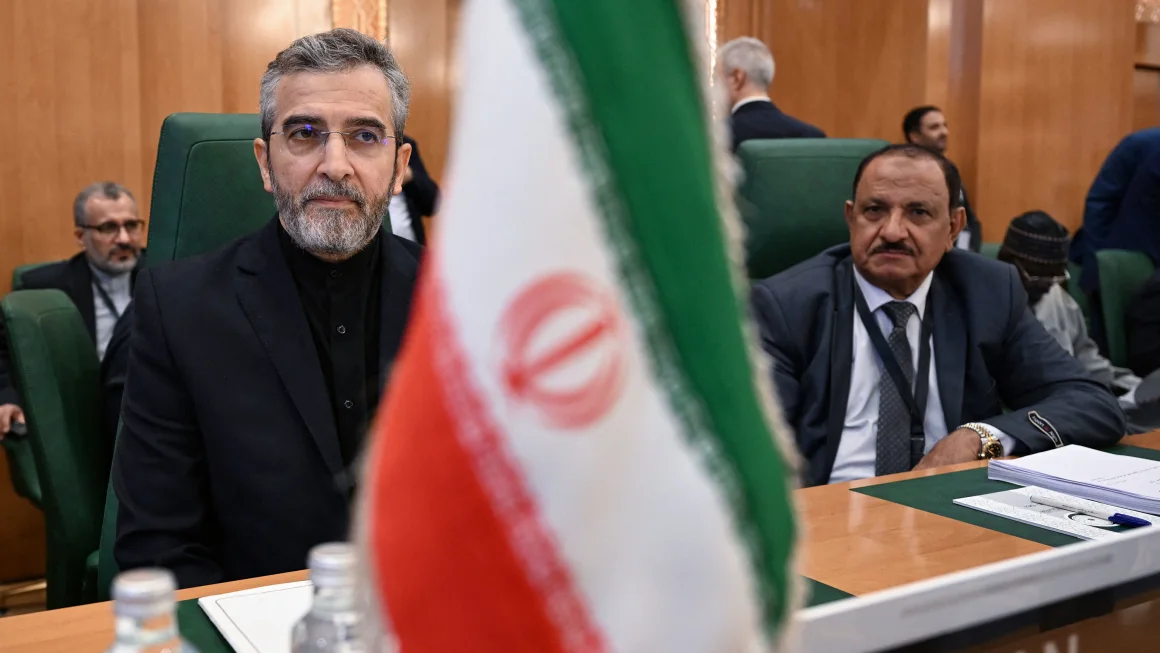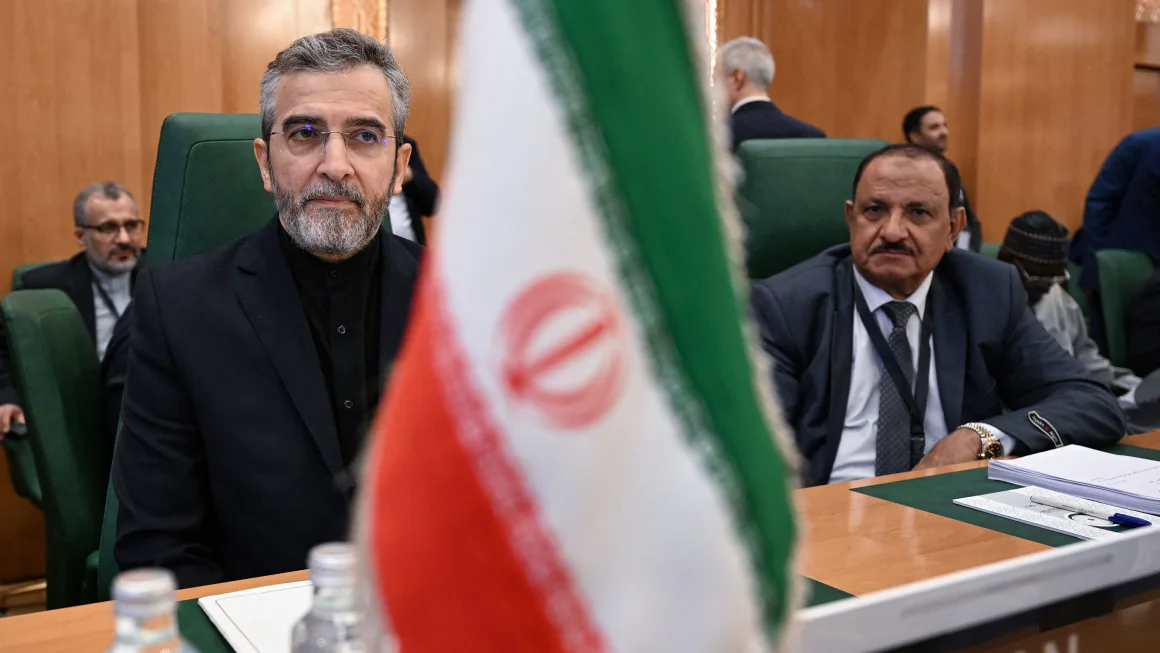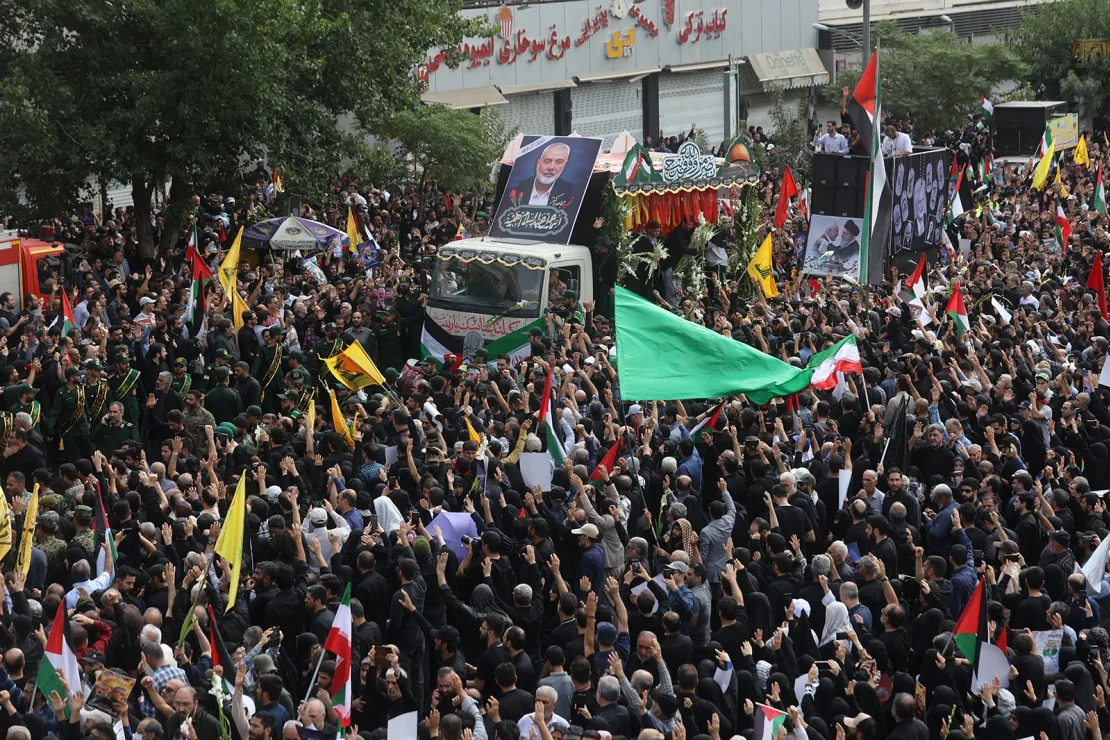
Iran Weighs Gaza Ceasefire Over Revenge Against Israel

Meta Description: Iran is considering halting its plans for revenge against Israel following the assassination of a Hamas leader, in exchange for a Gaza ceasefire. Diplomatic efforts intensify as regional tensions rise.
Introduction: Amid rising tensions in the Middle East, Iran is deliberating whether to forgo its plans for revenge against Israel after the assassination of Hamas’ political leader. This move, in exchange for progress on a Gaza ceasefire, could prevent further escalation in the region. The possibility of peace hinges on delicate negotiations that have caught the world’s attention.
Iran’s Response to the Assassination: The assassination of Hamas leader Ismail Haniyeh in Tehran has ignited calls for revenge from Iran, who holds Israel responsible. Though Israel has neither confirmed nor denied its involvement, the situation remains volatile. Flights across Iran and neighboring countries were canceled, reflecting widespread fear of a potential military escalation.
Emergency Summit in Jeddah: In response to the crisis, an emergency summit was convened in Jeddah. Key leaders from Muslim-majority countries gathered to prevent the situation from spiraling into a regional conflict. Iran’s Acting Foreign Minister, Ali Bagheri, participated in high-stakes discussions aimed at finding a peaceful resolution.
Diplomatic Efforts for Ceasefire: Jordan’s Foreign Minister, Ayman Safadi, has emphasized the need to address the root cause of the conflict, which he identifies as ongoing Israeli aggression in Gaza. This latest diplomatic initiative seeks to persuade Israeli Prime Minister Benjamin Netanyahu to adopt a more conciliatory stance in ceasefire negotiations with Hamas. The involvement of the United States, with Secretary of State Antony Blinken urging restraint on both sides, underscores the urgency of the situation.

Iran’s Potential Shift in Strategy: Iran’s leaders, including President Masoud Pezeshkian, may be considering a shift in strategy. Backing down from immediate retaliation could be framed as a move to protect Palestinian lives, aligning with a potential ceasefire in Gaza. French President Emmanuel Macron has also encouraged Iran to abandon plans for retaliation, adding weight to the diplomatic efforts.
Concerns Over Hezbollah’s Role: Despite these diplomatic efforts, concerns remain that Hezbollah, Iran’s ally in Lebanon, may act independently. The recent killing of Hezbollah’s military commander has heightened fears that the group might launch its own attack, risking a broader regional conflict.
Conclusion: As diplomatic efforts continue, the world watches closely to see if Iran will choose the path of peace over retaliation. The outcome of these negotiations could determine the future of the region, with hopes pinned on avoiding further escalation.



